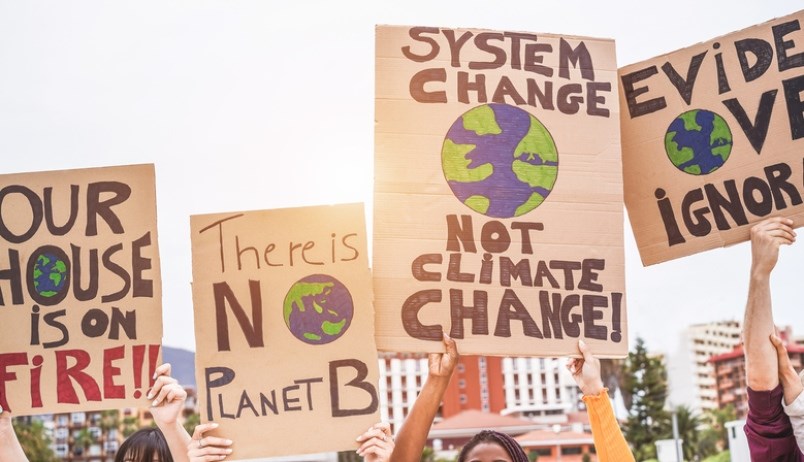COVID-19’s economic and health challenges have not diminished support for infrastructure changes to create a cleaner Canadian economy, a new poll finds.
Results from the Abacus Data-Clean Energy Canada poll released May 28 found an equal number of those surveyed believed a change to a cleaner economy was possible and that such considerations should come after health and economic concerns.
The online survey received 1,800 responses May 14-17.
“Canadians clearly see that we have a once-in-a-generation opportunity to rebuild a better Canada. Our recovery measures must be resilient. Our future economy must be sustainable. Gone are the days of pitting climate against the economy. Canadians know where real opportunity lies, and we know—now more than ever—just how costly a global crisis can be,” Clean Energy Canada executive director Merran Smith said in a news release.
Some 58% said they believed the pandemic should not deter efforts to combat climate change (26%) or COVID-19 has convinced them changes are needed in how people live and work to fight it (32%).
The latter sentiment was led by women under 40 (39%) and had above average support from NDP, Liberal, Green and Bloc Quebecois voters.
The poll also found 11% has never favoured action to fight climate change, a view more common among Albertans (20%), men 60 or older (17%) and Conservative Party supporters (23%).
Another 32% say that COVID-19 makes them feel we must concentrate first on health and the economy and be less preoccupied with climate. Albertans (37%) and Conservatives (43%) again dominated those responses.
Among other key findings were:
• 95% are open to or supportive of the idea of improving broadband, transit and clean energy infrastructure to help attract companies to invest in Canada;
• 91% like the idea of more space for walking and cycling without fear of vehicles;
• 94% endorse or support efforts to promote Canadian minerals and metals for use in clean technologies and Canadian forest products as low-carbon building and packaging solutions;
• 96% would go along with or favour investments to make broadband internet service ubiquitous;
• 85% are open to using incentives to attract electric vehicle (EV) manufacturing to Canada;
• 88% to a national network of EV fast-charging stations;
• 91% like the idea of Canada as the world leader in electric buses.
“The pandemic could have made people feel that green infrastructure was not really a practical approach, but these results confirm that the instinct to move in this direction is strong,” Abacus Data chairman Bruce Anderson said. “It’s clearly not just a way to improve the health of the planet; people see these ideas as a good way to attract new business investment and to make communities more enjoyable and thriving places to live.”
Sierra Club B.C climate justice campaigner Anjali Appadurai said the findings reflect that group’s members’ desire to see a reopening and building of the economy in a better fashion than existed before the pandemic.
What that means, she said, is respecting the interconnectivity of ecosystems and human health.
Appadurai called the pandemic part of a “series of shocks which are exposing an unequal system.”
“It shows people are seeing connections between the pandemic and climate change,” she said.
What it doesn’t mean, Appadurai added, is switching out control of oil for renewables such as solar.
“It’s about putting energy in the hands of communities in a way that respects indigenous rights,” Appadurai said.
Sierra Club B.C. is one of more than 300 groups involved in the new Just Recovery movement which May 25 released its six principles:
https://justrecoveryforall.ca/
• Put people’s health and wellbeing first. No exceptions;
• Strengthen the social safety net and provide relief directly to people;
• Prioritize the needs of workers and communities;
• Build resilience to prevent future crises;
• Build solidarity and equity across communities, generations, and borders; and
• Uphold Indigenous Rights and work in partnership with indigenous peoples.
Abacus said the margin of error for a comparable probability-based random sample of the same size is +/- 2.31%, 19 times out of 20. The data were weighted according to census data to ensure that the sample matched Canada’s population according to age, gender, educational attainment and region. Totals may not add up to 100 due to rounding.
@jhainswo


